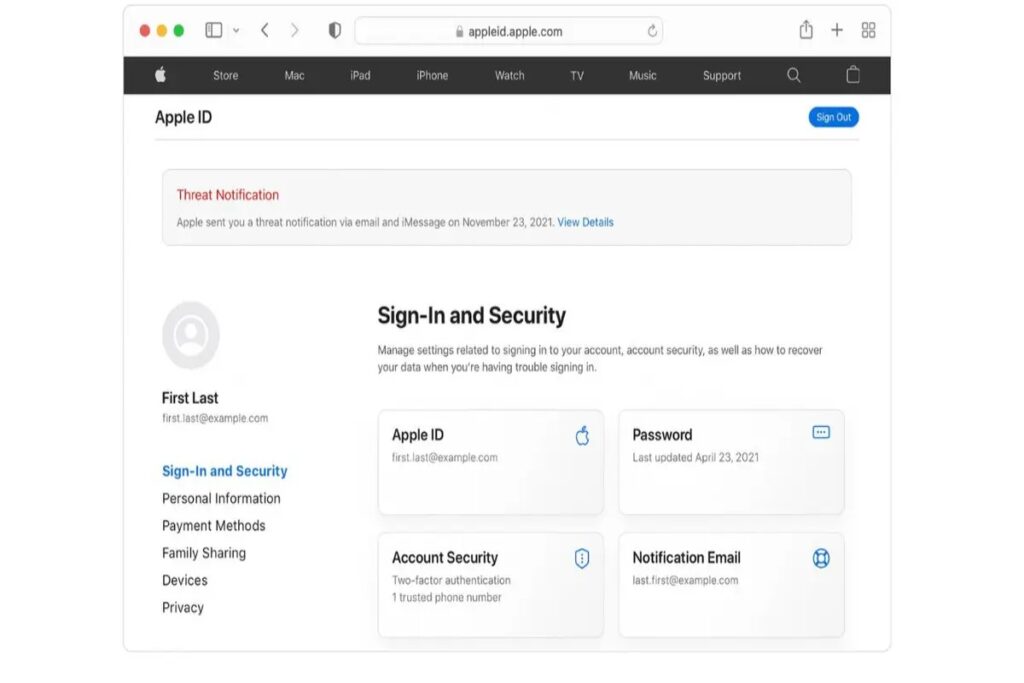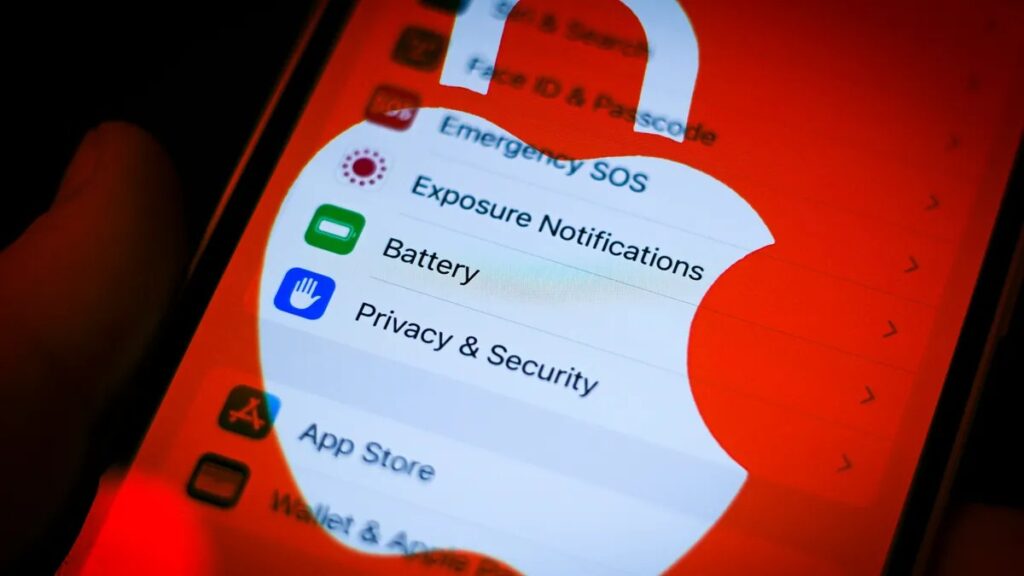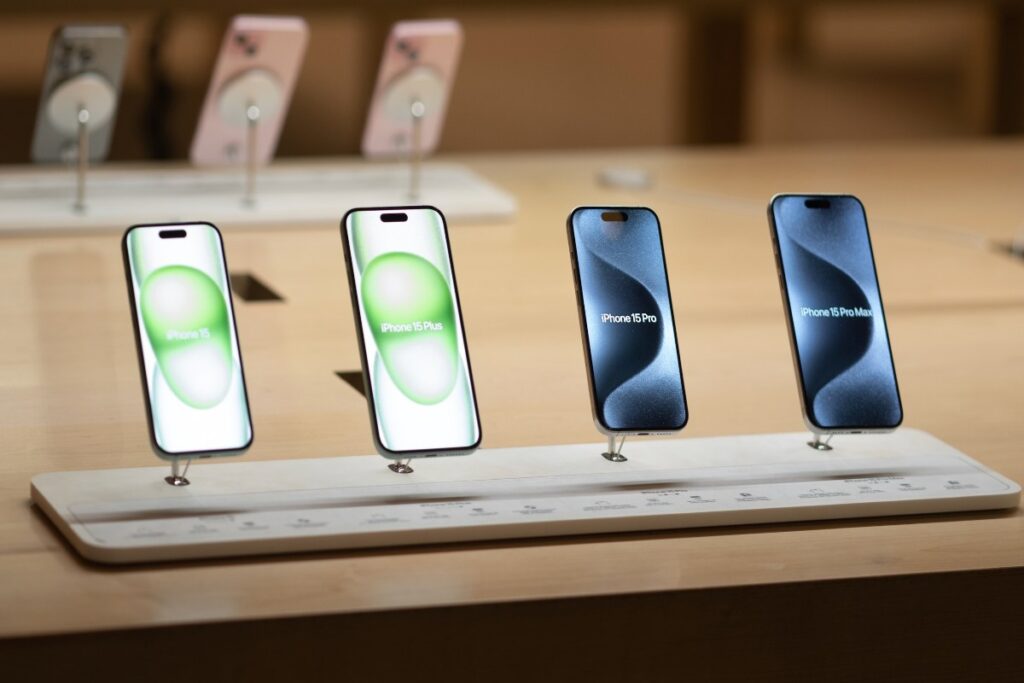Recently, Apple notified users about a global security alarm reaching 92 countries. Apple cautions iPhone users about potential spyware produced by mercenaries. This warning has left many iPhone users worldwide on edge. While the alarm was global, it remained unknown, omitting details about the attackers or countries where users are targeted.
Well, in a spotlight on these targeted individuals, Apple notifies users that it detected potential mercenary spyware attacks. According to TechCrunch, these attacks are not just regular phishing attacks. In fact, they look as though they were planned to target users based on their professions or societal roles. Honestly, the stakes have never been higher. But read on to find more info!
Apple’s Ongoing Struggle Against Spyware Threats
Just so you know, Apple’s recent alarm is no surprise. Apple has constantly reminded customers about this threat since 2021. But at that time, it only spanned 150 countries. Notably, the fight to curb these mercenary spyware attacks is ongoing.
This is particularly obvious given Apple’s use of expansive intelligence and investigation resources to protect users from unknown enemies. Who are the prime targets? Mostly, they are politicians and journalists. Apple warned these targets even before this recent incident. A similar event occurred in October.
ALSO READ: Biden Capitalizes on Trump’s Vulnerability on Women’s Reproductive Rights
At that time, similar alerts were sent to prominent figures in India, coinciding with findings from Amnesty International. This was regarding the infiltration of NSO Group’s Pegasus spyware on the iPhones of several prominent journalists in India.
Now, the timing of these alerts, particularly as election seasons are fast approaching, raises many eyebrows. Amid heightened concerns over state-sponsored activities to influence election outcomes, Apple’s advisories are top-tier despite lacking connections to the electoral timelines.
Apple’s Silence on the Issue
Well, as it stands, Apple stated that they can not offer further information about the reason for notifying users. This makes sense because Apple’s deliberate silence about its detection strategies aims to keep potential hackers in the dark about its defensive strategies.

Moreover, Apple’s slight linguistic shift from “state-sponsored” to “mercenary spyware attacks” reflects the ever-changing dynamics of cyber threats. Apple’s focus has expanded to include attacks planned by private entities.
Apple further notes that these attacks are rare and complex, citing the infamous Pegasus from the NSO Group. Far from ordinary cyber problems, these attacks represent a form of digital warfare, targeting selected individuals carrying profound implications beyond the usual data breaches.
Apple’s detection and notification process for spyware threats is rooted in “internal threat-intelligence information and investigations.” Despite the inherent challenges, Apple expresses confidence in its alerts, informing users of individuals targeted by mercenary spyware attacks and emphasizing the seriousness of the warnings.
Apple notes that the reliability of its alert system is derived from careful investigative procedures. By declaring that Apple threat notifications are high-confidence alerts, users are assured of the company’s commitment to protecting against growing cyber threats.
The Downsides of Spyware Infiltration
Forbes opens up about the sneaky nature of spyware attacks, which can seize iPhone controls. Once breached, attackers access private conversations and emails and even spy on your interactions within secure apps like WhatsApp and Signal. This attack changes personal devices into vulnerable pathways for malicious surveillance.
Although spyware attacks may cause alarm, you must recognize that they target a specific group, including journalists, activists, government officials, and certain businesses. To enhance security for at-risk people, Apple introduced Lockdown Mode, a feature that restricts iPhone functionality while enhancing security.
Additionally, people within these targeted categories have received an alert seeking assistance from Amnesty International’s Security Lab.
How Can iPhone Users Protect Themselves?
iPhone users can stay safe by updating their devices to the latest iOS version. Notably, updates often contain vital security patches. Moreover, enabling 2-factor authentication adds an extra layer of security to Apple ID and other sensitive accounts.

Moreover, users should stay cautious of unsolicited communications asking for personal information or urging them to click on links. For enhanced protection, particularly in extreme cases, a physical security key can protect users against account breaches.
The digital world is under steady surveillance and attack, even as we continue to work and play online. So, ensure you stay safe and follow other preventive measures against cyberattacks.
You Might Also Like:
“I Really Parented Myself,” Drew Barrymore Reflects on Childhood Stardom
Jennifer Aniston Debuts Chic Spring Bob, a Modern Version of “The Rachel”
NHL Contemplates Arizona Coyotes’ Move to Salt Lake City
North West Stuns with $11,000 Balenciaga Bag, Twinning with Mom Kim Kardashian
Margot Robbie Takes on Monopoly Movie – New Move for the Board Game Queen?
